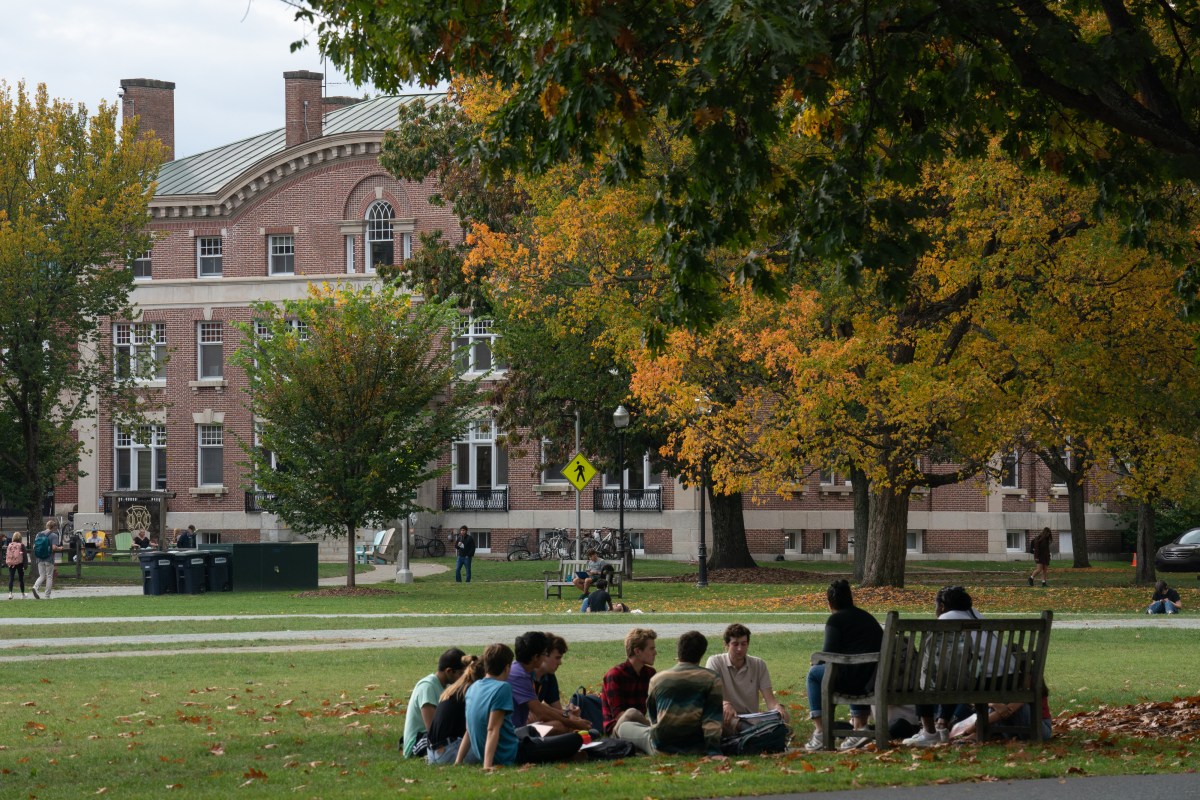There was at least one thing that the Obama administration and the nation’s drunk uncles agreed on in the early 2010s — the youth’s time and energy would be better spent pursuing STEM opportunities than liberal arts degrees.
They just broached the subject a little differently. In 2013, President Obama remarked: “We need to make this a priority to train an army of new teachers in these subject areas, and to make sure that all of us as a country are lifting up these subjects for the respect that they deserve.”
The uncles, meanwhile — along with all the other more strait-laced friends and guardians of humanities-hopefuls — were a little less verbose. They’d shake their heads and scoff: “You going to make any money doing that?” (Trust me. I was there.)
The world was emerging from the Great Recession at the time. Unemployment was high, but Silicon Valley startups were taking off; why spend four years and over $200,000 reading William Wordsworth when you could learn a marketable skill like programming? It was a fair point, and in the years since, has actually earned even more support. Namely: from the very graduates who pursued liberal arts degrees.
The Washington Post recently combed through a 100-page report from Federal Reserve Survey of Household Economics and Decisionmaking, which includes copious surveys of recent graduates (2016 and on), and graphs displaying the most popular degrees over the last five years. The data is startling, but crystal clear. Nearly 50% of those who majored in humanities or social sciences “wish they’d chosen a different field of study.”
To be clear, “major regret” is extremely common for American graduates. A little under 40% of those surveyed would retroactively change their major. That said, the least-regretted majors are “physical sciences and math,” “computer and information sciences” and “engineering.”
The Class of 2016 would’ve declared majors in spring of 2014 at the very latest, and potentially have settled on their course of study as early as 2011 or 2012 (if they committed to a vocational school). The fact that over two-thirds of STEM alums are happy with their track a decade later is significant. Whatever they were promised, whatever they thought they signed up for…it’s delivered.
The same apparently can’t be said for the liberal arts students, who also happen to be a dying breed. As the Post writes, “By 2021, disciplines such as history, English and religion graduated less than half as many students as they did in their early 2000s heyday, relative to the overall size of the graduating student body.” That’s right. A 50% reduction. (The number of computer science degrees, as it were, has doubled over that same period.) Only two concentrations in the humanities have seen any kind of increase in interest: “cultural, ethnic and gender studies” and “linguistics.”
Where is all this regret coming from? Well, a variety of “lifetime earnings by major” charts indicate that liberal arts degrees reel in millions less over one’s decades of employment. This wealth gap is felt immediately at the entry-level, where those pursuing writing jobs often have to take on unpaid internships, earn tens of thousands less than their engineer peers (once they finally do get salaried), work for fewer benefits and without bonuses, and weather a fractured, ever-shifting landscape where imprints are often purchased and gutted with little forewarning. All told, it’s more vindication than the uncles could have ever dreamed.
Still — don’t give up on the humanities just yet. Keep in mind that the oldest graduates the Federal Reserve surveyed here haven’t even celebrated their 30th birthdays. Their impressions of how “useful” their majors have or haven’t been are relatively reactive and raw; they might just need more time. This point is especially pertinent to liberal arts degrees, which are adaptive by nature, and if given a chance, can mesh with a wide variety of industries while catching up to the earnings totals of other professions.
In other words, some political science majors eventually figure out a way to make more than aerospace engineers. It comes down to patience, creativity and an open mind (three attributes that should come naturally to such graduates). Consider: social science degrees tend to prize the virtues of the written word, language, critical thinking, research, querying and self-examination. While such “soft skills” are sometimes difficult to demonstrate via those certifications at the bottom of a LinkedIn page, they can make liberal arts trainees more desirable than they may even realize.
Ultimately, it’s a two-way street. Those with degrees in the humanities should be willing to consider how their studies could be of use in an unexpected vocation (instead of competing with 300 other applicants online for the same travel writer gig), while the hiring managers in such unexpected vocations should probably start looking up from the resume once in a while, and instead make decisions based on someone’s ability to foster connections or ask hard questions.
You could call this a spin zone. But perhaps it’s just a matter of perspective. As liberal arts degrees go the way of the dinosaur, right now is perhaps the best time to study words (and a writer who literally has the word “Words” in his surname). A linguistic background will likely prove a unique foundation in the coming decades, at the same time that artificial intelligence sabotages employment in the STEM professions.
Let’s check back in on the Class of 2016 in 2066. Mounting debt magnifies regrets; there’s little doubt of that. But has anyone ever reached the twilight of their life and regretted the books they did read, or the languages they did learn how to speak?
Thanks for reading InsideHook. Sign up for our daily newsletter and be in the know.



















